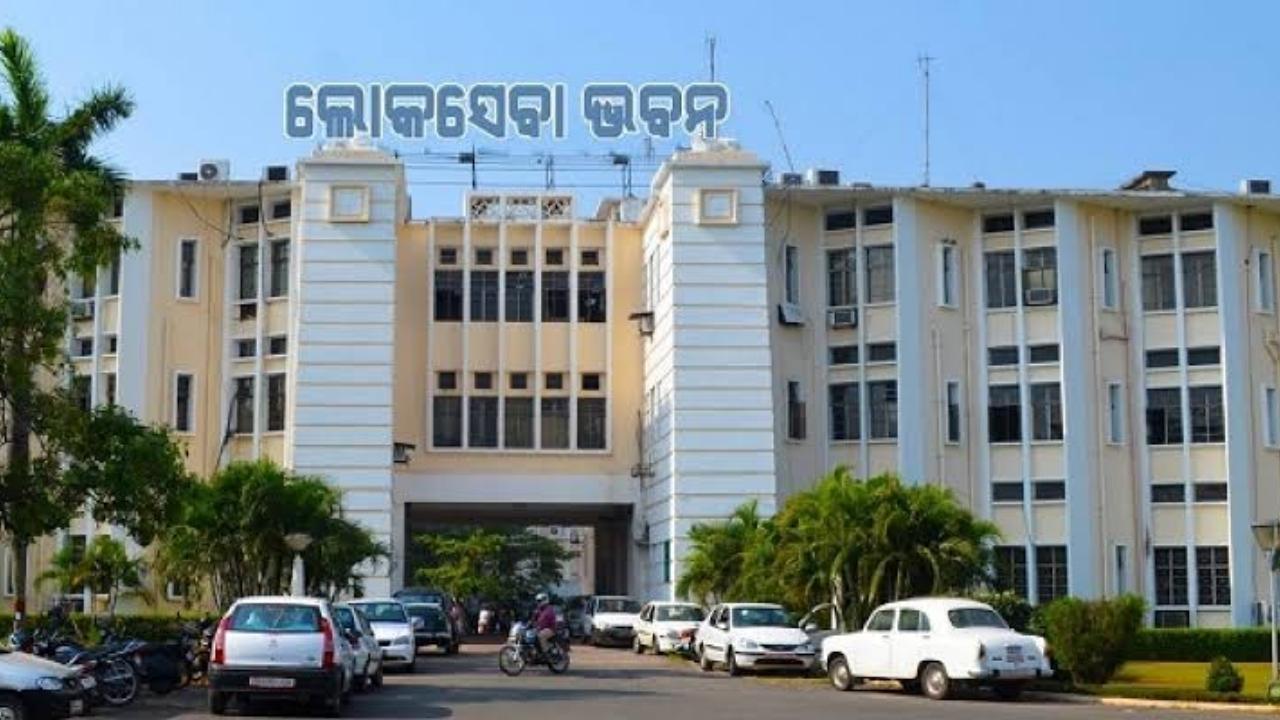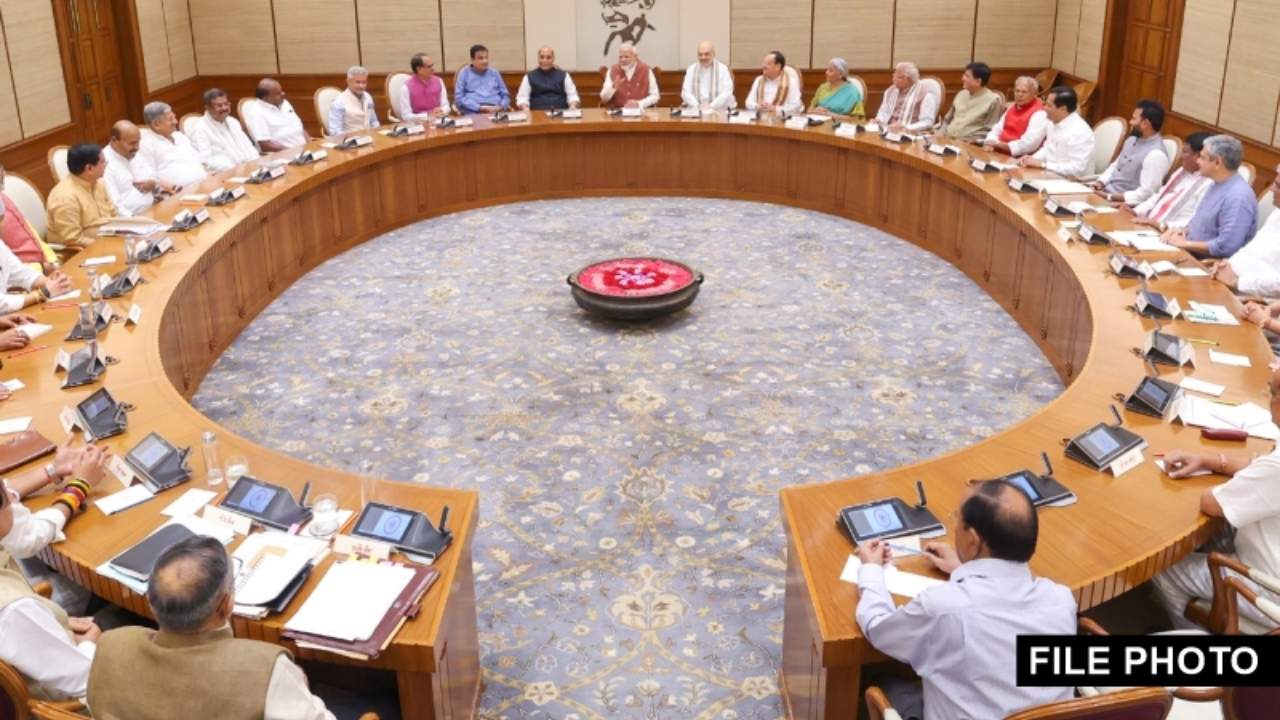When you’re a student, your degree is more than just a piece of paper—it’s your ticket to the future. It’s the key to getting that first big job, applying for grad school, and showing the world that you’ve worked hard and earned the right to take the next step in your career. So, when a college fails to deliver the degree certificates that students have worked so hard to earn, it’s a big deal. In fact, it can lead to serious consequences, like legal action, financial penalties, and a lot of stress for the students involved.
A recent case in Bhubaneswar, Odisha, has captured attention across India, with nine students receiving compensation after a private engineering college failed to provide them with their degree certificates. The Odisha Human Rights Commission (OHRC) intervened, ordering the college to pay each of the affected students Rs 1 lakh as compensation for the mental anguish, lost career opportunities, and financial hardship they faced as a result of the delay.

So, what happened, and what does this case mean for students and educational institutions? In this article, we’ll break down the situation, explore how the law protects students in such cases, and offer practical advice for anyone caught up in similar predicaments.
9 Students to Receive Rs 1 Lakh Each After College Fails to Provide Degrees
| Key Fact/Information | Details |
|---|---|
| What happened? | 9 students failed to receive degrees from a private engineering college. Times of India |
| Compensation | The Odisha Human Rights Commission ordered Rs 1 lakh for each student. |
| Total affected students | Over 400 students affected by the delay, with 29 taking action. |
| College’s Responsibility | College failed to get certificates from BPUT despite paying fees. Odisha Bytes |
| Government Actions | OHRC ordered public apology, compensation, and financial penalties. |
The case in Odisha serves as an important reminder about the responsibilities of educational institutions and the rights of students. Educational institutions must ensure timely processing of degree certificates, as delays can have a severe impact on students’ futures. Students, on the other hand, need to stay vigilant and proactive in ensuring their academic documents are processed correctly and promptly.
If you find yourself in a similar situation, don’t hesitate to take action. Know your rights, document everything, and reach out to the relevant authorities. Remember, your degree isn’t just a piece of paper—it’s your ticket to a better future.
The Story Behind the Delay: A Major Setback for Students
In this case, the private engineering college in Bhubaneswar had failed to procure degree certificates for its 2018-2019 batch of students, despite the college paying the necessary fees to the Biju Patnaik University of Technology (BPUT). For months, the students were left in the lurch, unable to receive their degrees, which left them at a standstill in their career progression.
Many of these students had completed their course requirements, taken exams, and paid their fees. They had fulfilled their part, but the college and the university did not come through on their end. As a result, students couldn’t apply for jobs, pursue further studies, or even receive proper recognition for their hard work.
This delay in receiving degrees wasn’t just an inconvenience—it was a career killer for many students. Some faced job rejections, while others lost the opportunity to apply for higher education. This is why the Odisha Human Rights Commission stepped in to address the issue.
What Did the Odisha Human Rights Commission Do?
The Odisha Human Rights Commission (OHRC) is a body that addresses human rights violations in the state. In this case, OHRC took swift action and ordered the college to pay Rs 1 lakh each to 29 students who filed complaints.
The commission’s decision was based on the mental anguish, lost career opportunities, and financial hardship that the students had to endure due to the college’s failure.
Here’s what the OHRC mandated:
- Compensation of Rs 1 lakh each: To the 29 students who complained, the college must compensate them for the damage caused.
- Payment to other students: Over 400 additional students who were affected but did not file individual complaints were instructed to receive Rs 20,000 each.
- Public apology: The college must publish a public apology in two prominent newspapers.
- Financial penalties: If the college does not comply, the state government has the authority to seize the college’s bank accounts to ensure payment is made within 60 days.
Why Is This Important for Students?
This case is a wake-up call for both educational institutions and students. It highlights the importance of ensuring that all necessary documents—like degree certificates—are provided on time and that institutions take their responsibility toward students seriously.
For students, it’s a reminder to always keep records and follow up on important documents. If a college or university is not fulfilling its obligations, it is essential to know your rights and act accordingly.
If you are in a similar situation, here’s what you should do:
- Check your status regularly: Stay on top of your paperwork and ensure you get your degree on time.
- Know your rights: Research and understand the laws protecting students in your region. In India, bodies like the OHRC offer recourse.
- Document everything: Keep a record of all communication with the college and the university. This could be essential if you need to take legal action.
- File a complaint: If the issue is not resolved, don’t hesitate to escalate it to the authorities, such as the Human Rights Commission or the University Grants Commission (UGC).
How Can Students Prevent This from Happening?
Students can take proactive steps to prevent delays in degree issuance:
- Stay organized: Keep track of all fees and documents related to your education, including receipts and correspondence with the college.
- Ask questions: If you are near graduation, don’t wait until the last minute to inquire about your degree certificate. Ask about the timeline and confirm that everything is in order.
- Know where to go for help: If things go wrong, know who to contact. For example, the University Grants Commission (UGC) or state-level educational authorities are often helpful in addressing these issues.
Protests Escalate at Berhampur University: Gopalpur Police Station Gheraoed by Students
Sundargarh College Bans ‘Odd Hairstyles’ for Students, Enforces Strict Entry Rules
Odisha CHSE to Revise Plus 2 Curriculum, Adds Environmental and Value Education Units
FAQs
1. What should I do if my college delays my degree certificate?
- First, contact your college administration to get an update. If they are unresponsive, escalate the matter to the University Grants Commission (UGC) or relevant state authorities.
2. Can I get compensation if my degree is delayed?
- Yes, if you face mental distress, career setbacks, or financial hardship due to the delay, you may be entitled to compensation, as seen in the OHRC case.
3. How long does it usually take to receive a degree certificate after graduation?
- In India, degree certificates typically take 3 to 6 months to be issued after completion of your course. However, this timeline can vary depending on the institution.
4. What if my college refuses to issue my degree certificate?
- You can file a complaint with the Human Rights Commission, the University Grants Commission (UGC), or even take the matter to court if necessary.





